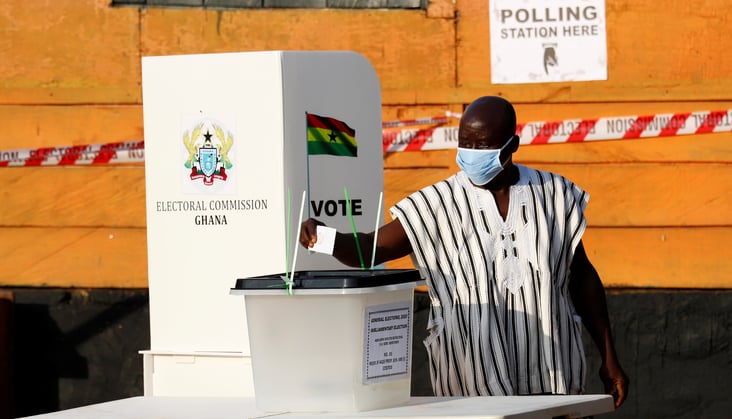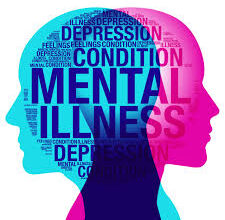Ghana Elections: The Stakes and Numbers

By Oluwaseye Ogunsanya
As Ghana 2024 presidential election begins today, the stakes have never been higher. With over 18.7 million registered voters set to choose a successor to President Nana Akufo-Addo, the nation stands at a crossroads. The race is predominantly between Vice President Mahamudu Bawumia of the New Patriotic Party (NPP) and former President John Mahama of the National Democratic Congress (NDC), both of whom have deep roots in Ghanaian politics and are familiar faces to voters.
At the heart of this election is a struggling economy. Ghana has faced significant economic turmoil, including a debt default and soaring inflation rates that peaked at over 50% last year. Many Ghanaians are grappling with the rising cost of living, which has become a central theme in the campaigns. Mahama has positioned himself as the candidate of change, criticizing the current administration’s economic policies and promising a “24-hour economy” that aims to create jobs and boost productivity.
Conversely, Bawumia argues that the government has made strides toward digitalization and free education, positioning himself as a candidate capable of continuing the NPP’s legacy of economic reform.
It is important to note that this election is also historic due to its representation. For the first time, both leading candidates hail from northern Ghana, potentially reshaping traditional voting patterns. Bawumia, a Muslim and a non-Akan, represents a significant shift in Ghana’s political landscape. His candidacy could challenge the NDC’s historical dominance in the north, which has been a stronghold for the party. The dynamics in this region may be crucial, as voters are increasingly disillusioned with the status quo.
The youth vote is expected to play a pivotal role in this election, with over 10.3 million voters aged 18-35. The emergence of independent candidates like Nana Bediako (Cheddar) and Alan Kyerematen, who appeal to younger demographics, indicates a shifting political landscape. Bediako’s social media savvy and ability to mobilize young supporters draw parallels to Nigeria’s Peter Obi, suggesting a potential for new political alignments that transcend traditional party lines.
Alongside economic concerns, social issues such as LGBTQ+ rights have surfaced in campaign discussions, reflecting broader cultural tensions within Ghanaian society. While the economy remains the primary concern, candidates are navigating these issues to appeal to a diverse electorate. The NPP’s attempts to break the trend of alternating power in Ghanaian politics will be tested against Mahama’s appeal for a return to governance after eight years in opposition.
As Ghanaians cast their votes today, the importance of voter turnout cannot be overstated. Key regions like Greater Accra and Ashanti will be battlegrounds, with their outcomes likely determining the election’s result. The history of Ghanaian elections suggests that close margins are common; thus, every vote counts. The electoral commission’s efficiency and transparency will be crucial in ensuring public confidence in the electoral process.
Conclusion
Ghana’s 2024 presidential election is poised to be a defining moment for the nation. With pressing economic challenges, evolving voter dynamics, and the potential for historical shifts in representation, the outcome will not only shape the political landscape but also determine the direction of the country’s future. As citizens prepare to make their voices heard, the hope is that their choice reflects a commitment to progress, accountability, and a brighter future for all Ghanaians.




